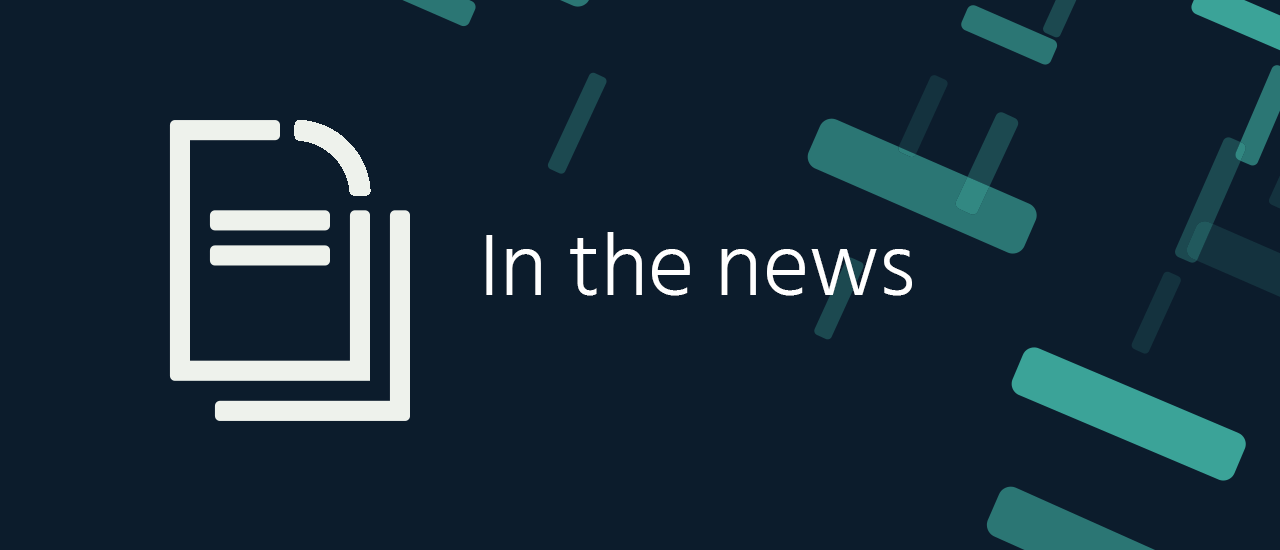No-go zone: U.S. President Joe Biden told Russian President Vladimir Putin that some types of cyberattacks are off-limits during a meeting at the G7 summit in Switzerland recently, Reuters reports. Destructive attacks by Russian hackers on U.S. critical infrastructure must end, Biden said. It’s unclear if the talk will have much of an effect.
Banned tech: The U.S. Federal Communications Commission has proposed a ban on surveillance cameras and telecom equipment made by five Chinese companies, citing security concerns, Bloomberg reports. Some of the surveillance cameras are used in U.S. schools and local government facilities. The Chinese tech creates a national security threat, the FCC said.
Affordable Internet: Facebook is working with two ISPs to expand affordable Internet service in parts of India, The News Minute reports. The ISPs will use Facebook Connectivity’s Express Wi-Fi platform to launch public hotspots in Bengaluru and in several cities in Punjab. Express Wi-Fi is a software platform intended to help mobile operators, satellite operators, and ISPs to build, and monetize their Wi-Fi services.
Less affordable Internet: Meanwhile, a U.S. judge has blocked a New York law requiring ISPs to offer $15-a-month broadband services to low-income residents, NBC New York says. A handful of ISP trade groups opposed the law, saying it would require them to offer service “at a loss.” The law allowed for penalties of up to $1,000 per violation.
China’s not a fan: The Cyberspace Administration of China says it is cracking down online fan clubs, calling them a “bad influence” on the country’s youth, the South China Morning Post writes. The online fan clubs result in “chaos,” including young people spending money and trolling, the regulator said.
Criminal videos: Twitter faces criminal charges in India after a user posted a video of an elderly Muslim man being beaten up, The Independent reports. Twitter has argued that it cannot be responsible for content users post, but police in Uttar Pradesh state filed a case that named Twitter and several others as suspected of provoking unrest.
